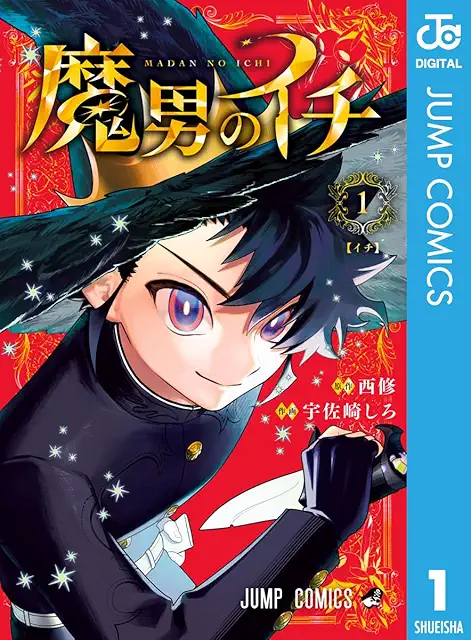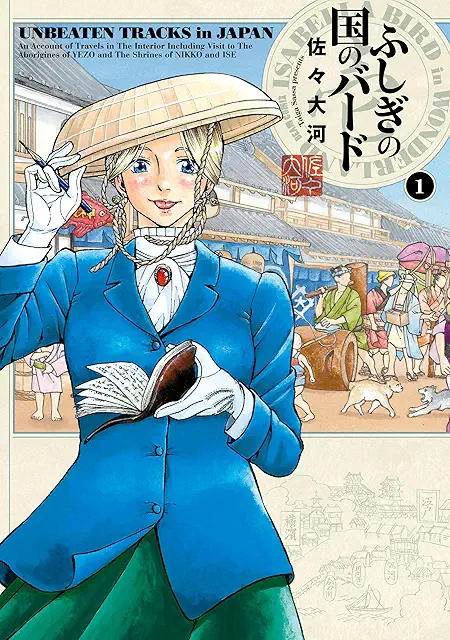
Isabella Bird in Wonderland
Synopsis
"Isabella Bird in Wonderland" is set in Japan in 1878 (Meiji Year 11), a period shortly after the Meiji Restoration. Although Emperor Meiji had lifted the ban on Western cuisine in 1871, allowing Western culture to gradually permeate Japan, the nation was still far from the fully Westernized country it is today. The protagonist, Isabella Bird, is an adventurous woman who had previously explored places like Hawaii and the Rocky Mountains. This time, her goal is to journey to Japan's northernmost region at the time, "Ezo-ga-shima" (present-day Hokkaido). Unable to speak Japanese, Bird initially struggles to find an interpreter but eventually meets Tsurukichi Ito, who agrees to accompany her, and their journey begins. From the perspective of Bird, raised in the West, everything about Japanese culture and landscapes of that era is astonishing and strange. Through numerous hardships and rare experiences, she gradually builds connections with Tsurukichi and the Japanese people she encounters, making this a story of cultural discovery and interpersonal bonds.
Rating Metrics
Editorial Reviews
A Fascinating Walk through Historical Japan
Reading "Isabella Bird in Wonderland," I often find myself surprised, wondering, "Was old Japan really like this? Were Japanese people actually like that?" even though I myself am Japanese. There are numerous remarkable scenes depicting urban settings freshly infused with Western influences, alongside rural landscapes still deeply rooted in traditional Japanese culture. But the depiction isn't just limited to the picturesque; it includes the harsh realities of past Japan, such as epidemics stemming from poor sanitation, and rooms filled with fleas and mosquitoes. Reading this, I can't help but appreciate the cleanliness and comfort of contemporary Japan. Although "Isabella Bird in Wonderland" is fictional, I feel it's heavily based on thorough research and study. The portrayal of etiquette, manners, and customs is meticulous, and it renews a sense of pride in being Japanese. By having the protagonist, Isabella Bird—a foreigner unfamiliar with Japanese culture—the manga effectively highlights Japan’s traditions and cultural uniqueness. For example, communal bathhouses (sento) and hot springs (onsen), a common practice in Japan, can feel extremely strange from a Western perspective. Such depictions remind me once again of the depth of Japan's traditional culture and history. (Interestingly, the Meiji government's prohibition of mixed-gender bathing gradually phased out this particular practice.) On a personal note, as someone skeptical about the concept of diversity currently promoted in Japan—often feeling it's just the imposition of Western or global standards—this manga makes me sincerely appreciate the beauty of traditional Japanese customs and culture. It reminds me of the current debate in America between those critical and supportive of diversity. Perhaps "Isabella Bird in Wonderland" contains subtle social commentary relevant to modern society—though this may be mere speculation on my part! The manga doesn't shy away from portraying the harsh realities of poverty, famine caused by war, and governmental exploitation prevalent during Japan's early Meiji era. These scenes are uncomfortable to read, but considering how poverty and income disparity remain issues today, it serves as a poignant reminder that "history repeats itself." So why not pick up "Isabella Bird in Wonderland" and join Isabella Bird on her journey through historical Japan?
July 6, 2025
Written by
hisa
I read over 3,000 manga every year across all categories. One of my special skills is listening to the manga others have read and recommending titles that perfectly match their tastes. I’m also a huge anime-loving otaku.
Ready to Read?
Start reading now and immerse yourself in this incredible story. Available in digital and print formats to suit your preferences.
Popular Manga Ranking
View All
One Piece

Fullmetal Alchemist

Dandadan

Attack on Titan

Space Brothers

NARUTO

Dragon Ball
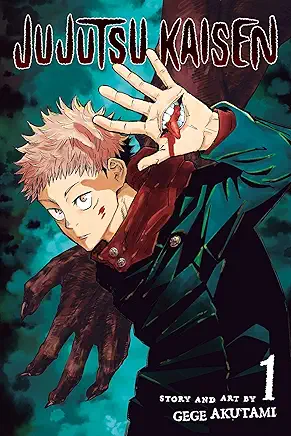
Jujutsu Kaisen

Slam Dunk

Death Note
Latest Manga Releases
View All
War of the Adults (Otona Taisen)

Strand
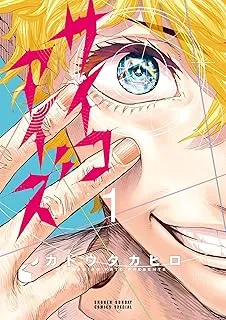
Psycho Eyes
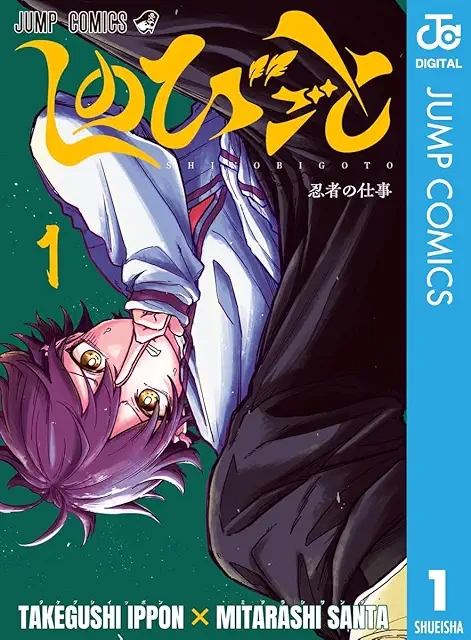
Shinobigoto
